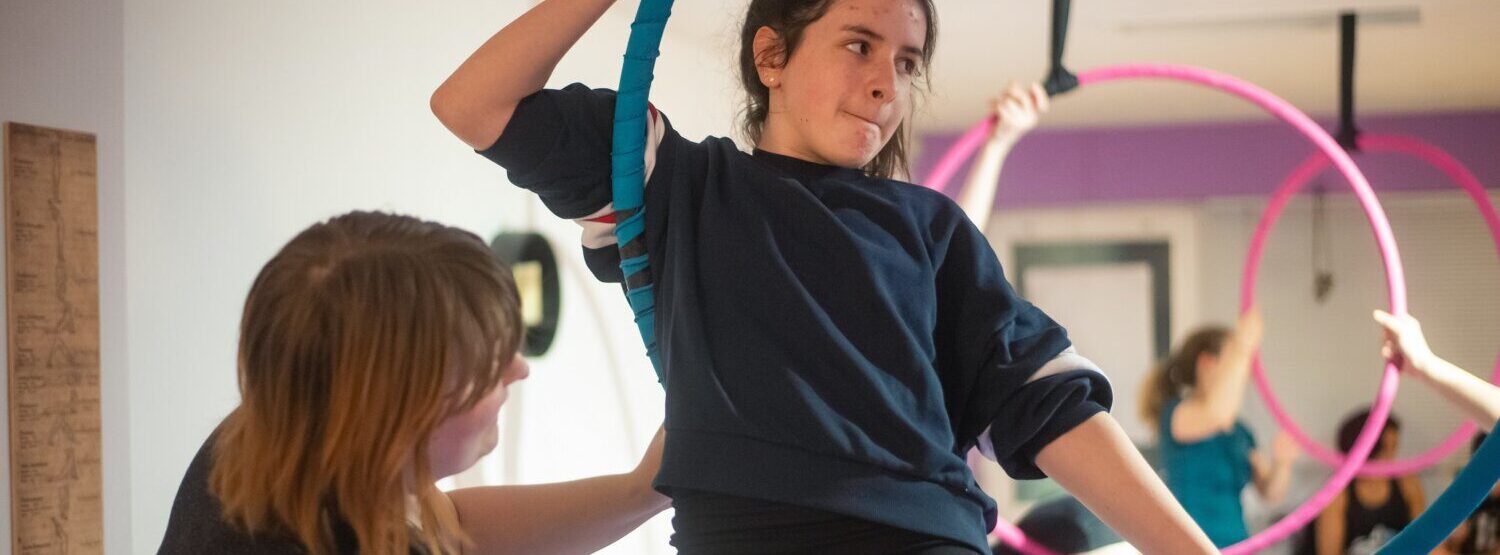
Documentaries like Athlete A have highlighted the importance of safeguarding. But there are lots of things you can do to keep your friends and family safe in their chosen activities.
For your own piece of mind and your loved ones’ safety, you’ll want to check that the activity they are joining is well run and safe. This page provides advice and resources to help you navigate safeguarding issues. It covers the questions you might have when considering a new activity, as well as things to look out for. We’ve also included practical advice of what to do if you are concerned for a loved one’s safety.
All clubs and organisations should have certain things in place to make sure that all participants are kept safe and looked after throughout sessions.
Organisations should be open and happy to share their policies with you. You have a right to know this information.
They should:
There are some questions you can ask to establish if an activity is right for your friends and family. These can help you find out how the club or organisation is prepared to prevent harm or risk.
There are a number of different things to look out for when protecting friends and family taking part in physical activity. If an activity provider does not have the previously listed policies and procedures in place this is a sign of poor practice and they are not demonstrating how they are prioritising welfare and safeguarding.
Signs of an activity being unsafe are:
For further information on abuse in a physical activity setting visit the CPSU site .
If you are worried an individual is at risk and being abused or harmed during sports activities, it’s important that you talk to someone.
Talking to someone may be a daunting experience but by sharing your concern you are protecting the individual at risk. The person you talk to will be trained to deal with such situations and is there to help you.
All clubs should have guidelines for recording and reporting concerns. You should find out what these are and follow them by speaking in the first instance to the Club welfare or child protection officer.
Who to contact for help:
Local authority contacts:
If you’re unsure who to speak to, you can call the NSPCC on 0808 800 5000 for advice or contact the Child Protection in Sport Unit on 0116 366 5580.
Advice and guidance so you can make sure your child and other children are having the best experiences of sport.
Visit siteCover the key points you should consider when choosing a sports club, coached session or activity.
Visit site